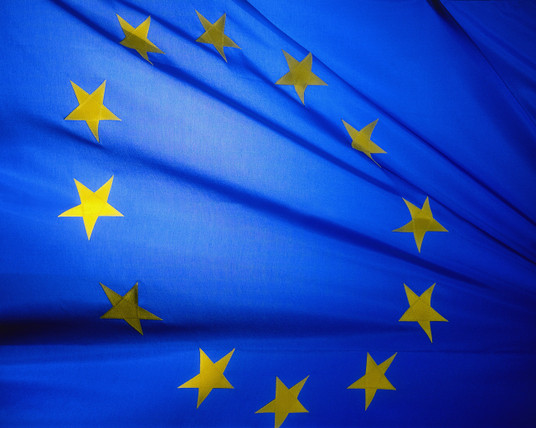
In 2009, an east European should fill the top spot of a major international organization, a recent Economist editorial argues. From power players like the EU Commission and NATO to “lesser posts” like OSCE, the Council of Europe, and the EBRD, east Europeans have been noticeably underrepresented at the leadership level.
The Economist:
So what will Santa Claus bring the ex-communist countries for Christmas? Desirable presents are easy to think of. A respite from the economic downturn. A less chauvinist attitude from Russia. A more considerate approach from Germany. Attention from the new American administration.
[…]
Rather more likely—and genuinely desirable—would be the appointment of someone from the once-captive nations to a top international job. Since the collapse of communism, the record on this has been dismal. Russia chaired the G-8 (though most of the countries attending the St Petersburg summit did so while wincing at their host’s behavior). Slovenia held the European Union’s presidency competently (though close inspection revealed a tight French embrace of the EU’s nominal leadership).
But in terms of the big appointments … it is hard to find anyone from eastern Europe who has held anything remotely resembling a top job. The message is: be grateful for your EU commissioners; now shut up. The new member-states of NATO and the EU feel they have been rather poorly treated in the past year or so. Germany snubbed them at the Bucharest NATO summit. The EU told them they were silly to care about Georgia, imposed a single flimsy sanction on Russia and then was unable to maintain even that.
The Economist editors blame much of this on the French EU Presidency. Sarkozy’s consideration of Medvedev’s proposal for a new European security architecture has rattled eastern Europe. And his comment that bigger EU countries have “more responsibilities” does not sit well either. Furthermore, western European officials seem overly worried about the incoming EU President, Czech leader Václav Klaus. In actuality, Klaus’ Euroskeptic disposition and irascible remarks should have little to no impact on the functioning of the EU.
If the Lisbon treaty is ratified in 2009, several positions will need to be filled, including the new post of EU Council president, EU Commission president, EU foreign minister, European parliament president, and NATO secretary-general. An east European will likely only get the parliament presidency, the least important of the list. The editors’ response:
That is not just unfair. It’s risky. It will alienate the east Europeans and make their political elites feel mutinous. East European countries have plenty of ways to slow down EU decision-making. So far, they have for the most part been at pains to show that they are good Europeans. That cannot be taken for granted.
Here is a possible way out: the NATO top job should go to a heavyweight Atlanticist politician, with expertise in defense policy, from a new member state. That produces a shortlist of roughly two: Radek Sikorski, Poland’s foreign minister (and former defense minister) or Sasha Vondra, the Czech deputy prime minister. Poland’s status as a defense heavyweight makes Mr. Sikorski’s case the stronger.
Such an appointment would not be without its challenges. Countries like Germany and France would probably object that Sikorski or Vondra would take an unnecessarily hard line with Russia. However, any sanctions against Russia or the suspension of ongoing talks with Moscow would require broad transatlantic support, not the decision of one country or the secretary-general alone. Consensus over these issues can and should be reached within NATO. The Economist suggestion is a reasonable one that would go a significant way to including east Europeans in the upper levels of Europe’s leadership.
Peter Cassata is an assistant editor at the Atlantic Council.
Image: STOCK%20-%20EU.jpg

